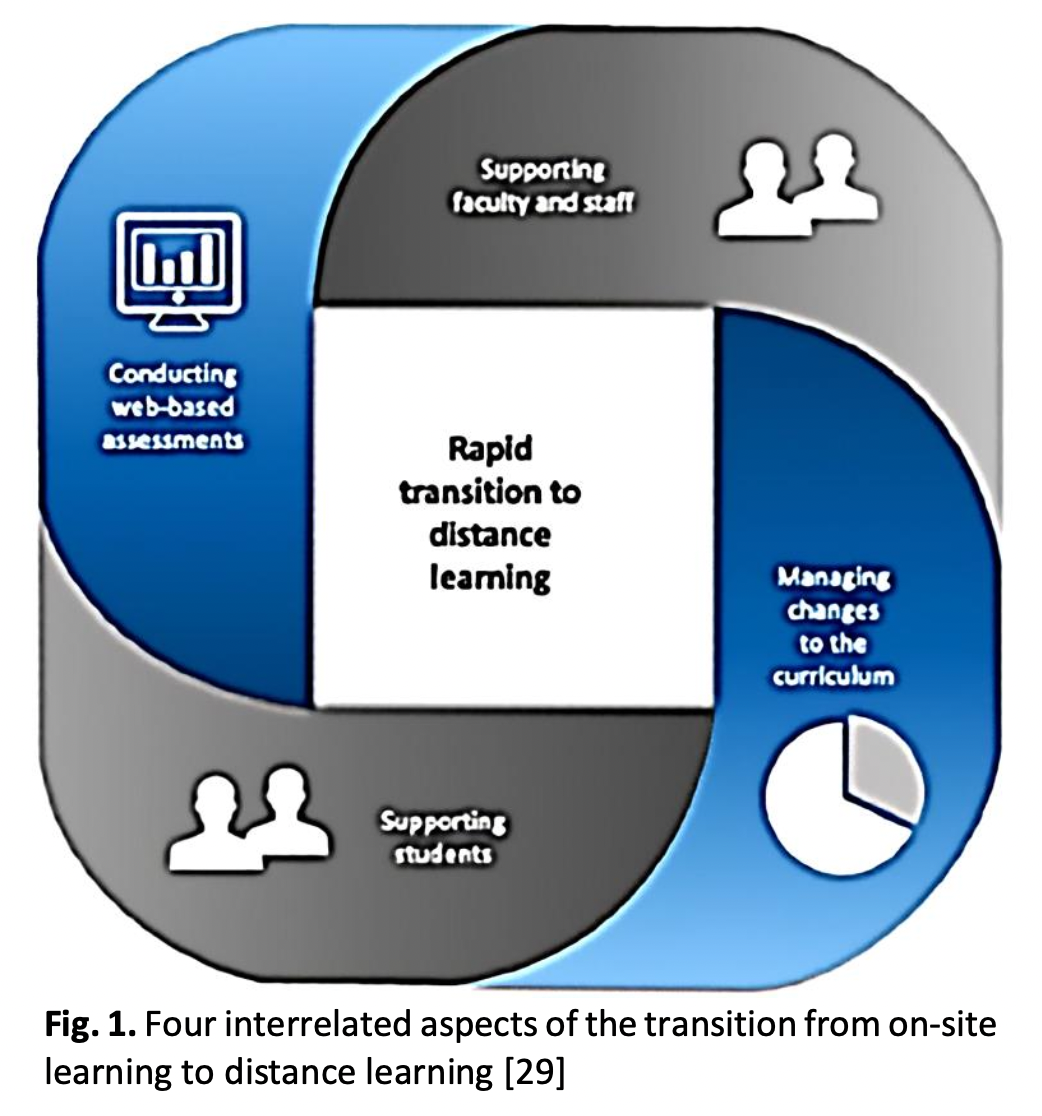The Impact of Interactive Acting Learning as an Alternative to Digital Acting Teaching in Malaysian Art School: A Comprehensive Review
DOI:
https://doi.org/10.37934/araset.33.2.313327Keywords:
Interactive learning, acting, digital, teaching, Malaysian arts schoolsAbstract
The surge in online learning has transformed education, impacting how acting is taught in Malaysian Art Schools. To ensure continual learning progress, diverse instructional strategies are employed, but the pandemic has disrupted traditional studio and in-the-field acting training. This study addresses the challenge of adapting fundamental acting education for lower secondary students at a Malaysian Art School in the context of remote learning. The conventional hands-on, in-person approach to teaching acting conflicts with the current demand for technology-infused learning, hindering cognitive growth. The absence of tailored Alternative Teaching Aids (ABM) for digital online learning further compounds the issue, emphasizing the need for a more engaging teaching method aligned with the school's curriculum. This project aims to evaluate the impact of interactive learning on the digital acting teaching approach within the existing syllabus. It seeks to provide teachers and basic theatre acting coaches with a comprehensive foundational acting module that embraces digital interactivity, catering to the needs of students at the Malaysian Art School and beyond. The study employs a hybrid teaching approach, merging traditional, recorded, and interactive mediums to develop a module based on established theatre textbook references. By integrating technology into the teaching process, the module addresses the limitations of the in-person model, fostering a dynamic and engaging learning environment. The results of this study hold potential significance for both the educational and industry realms. By incorporating interactive elements, the developed module not only enriches acting education at the Malaysian Art School but also provides a framework for similar institutions globally. The indirect technological applications of this training module extend beyond school settings, impacting various related sectors and contributing to the advancement of interactive acting learning systems worldwide.
Downloads




























